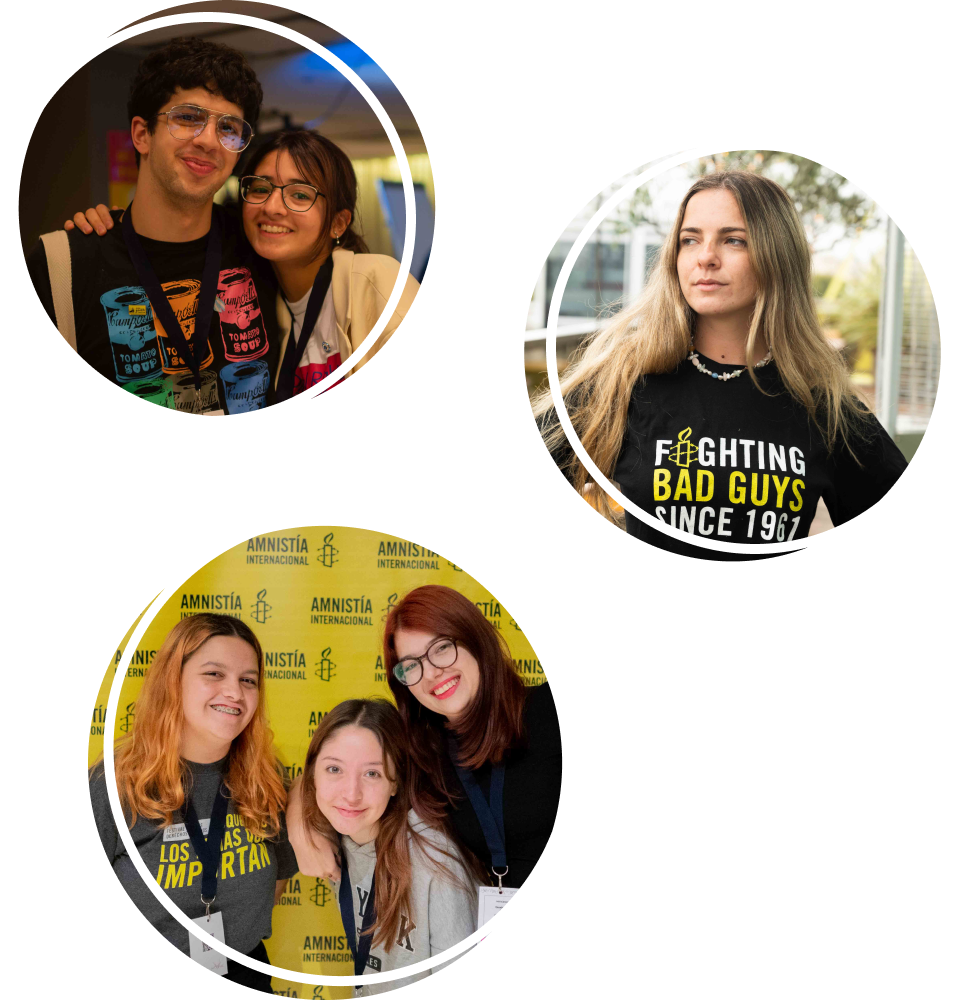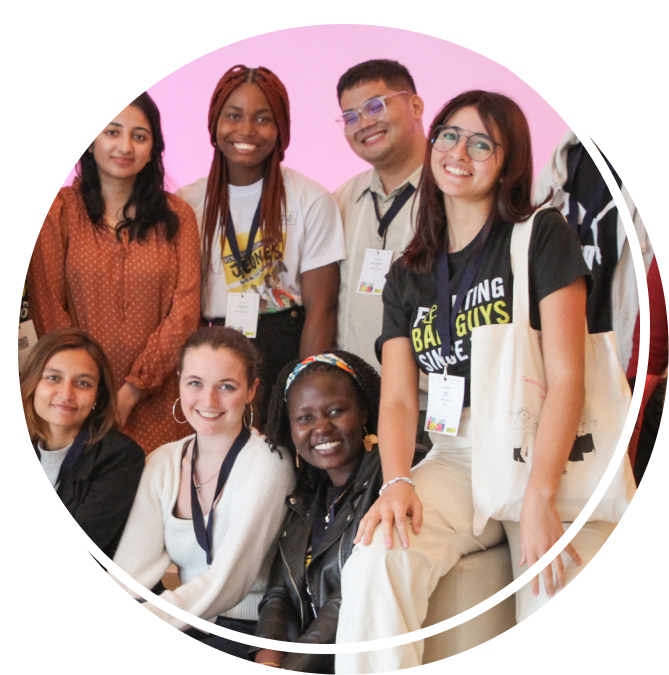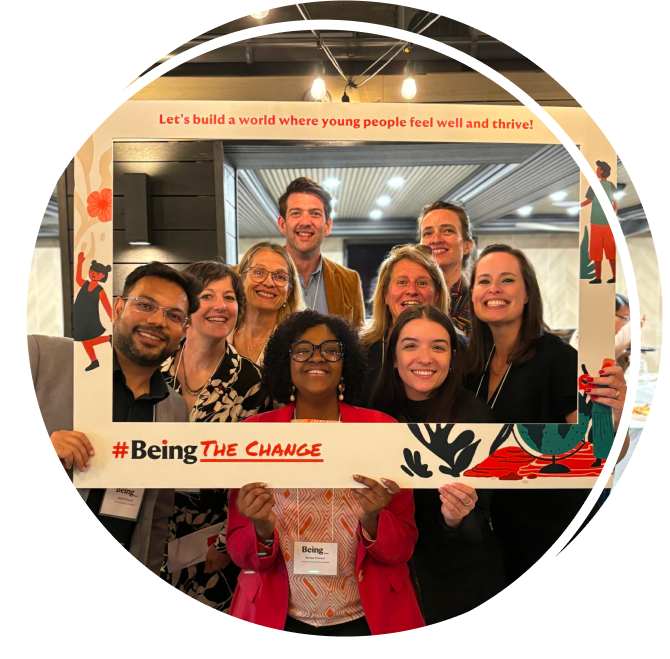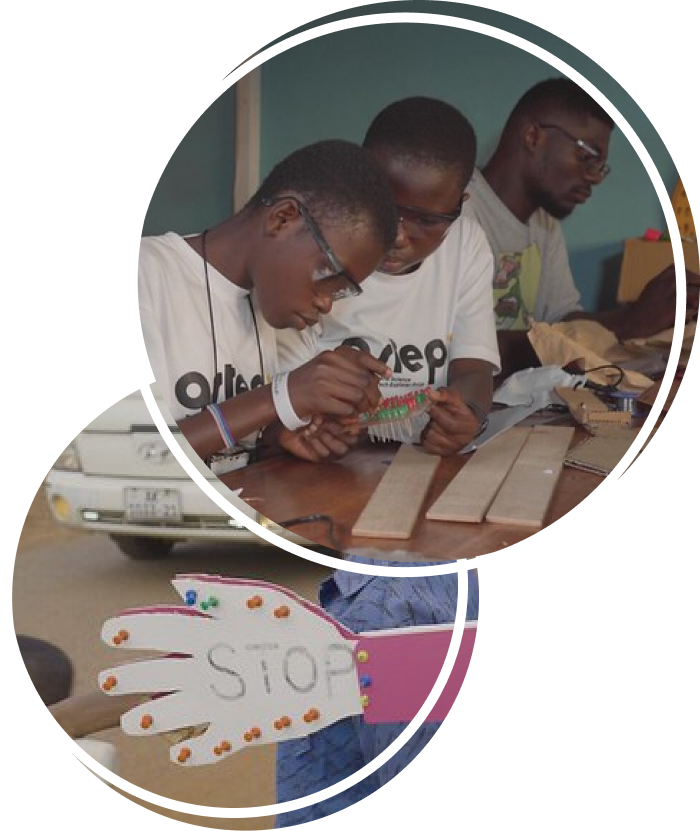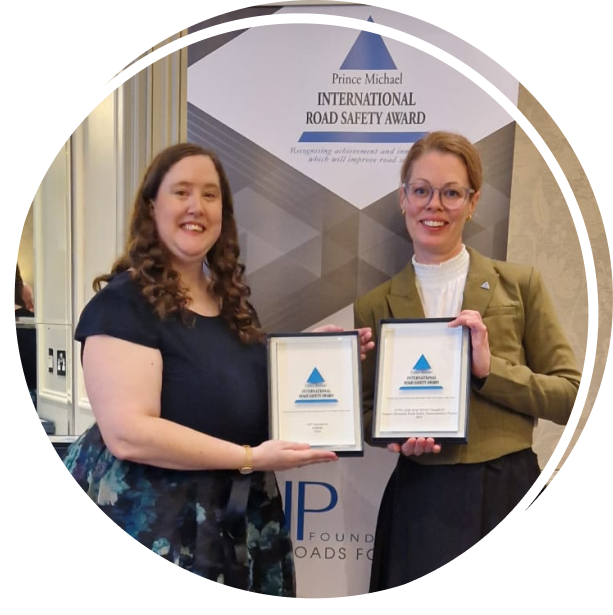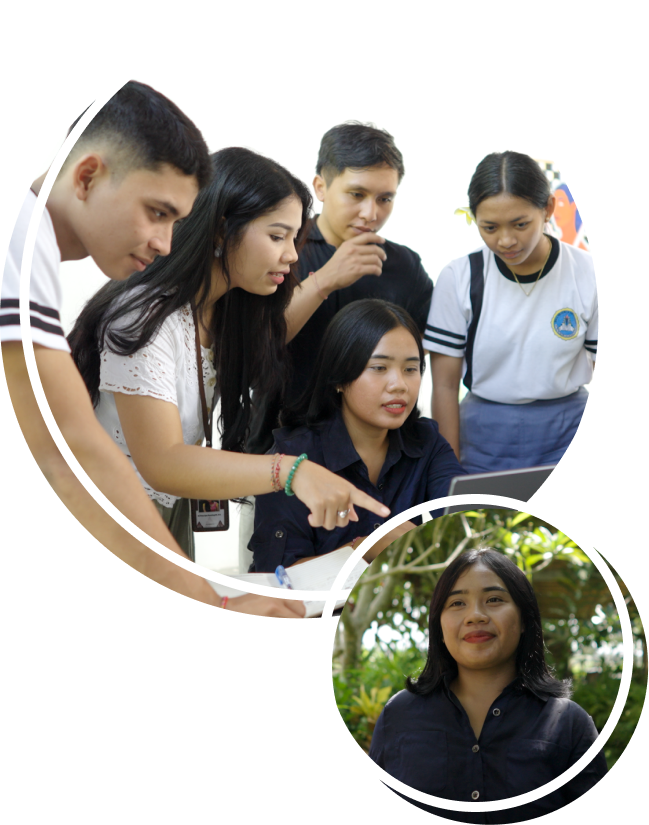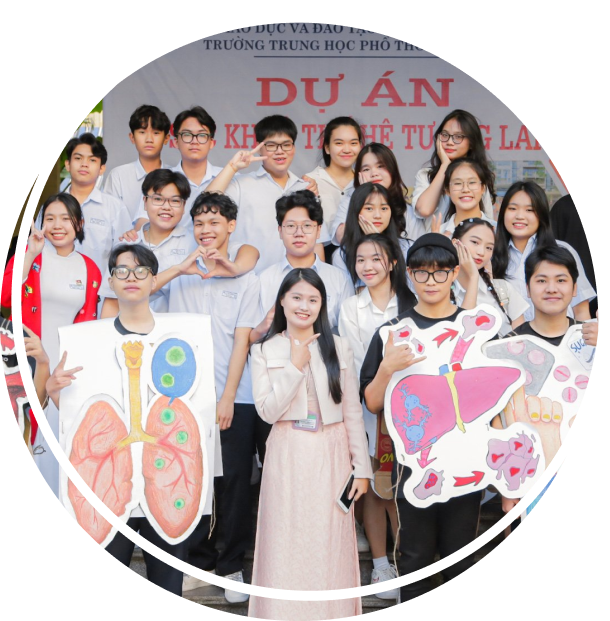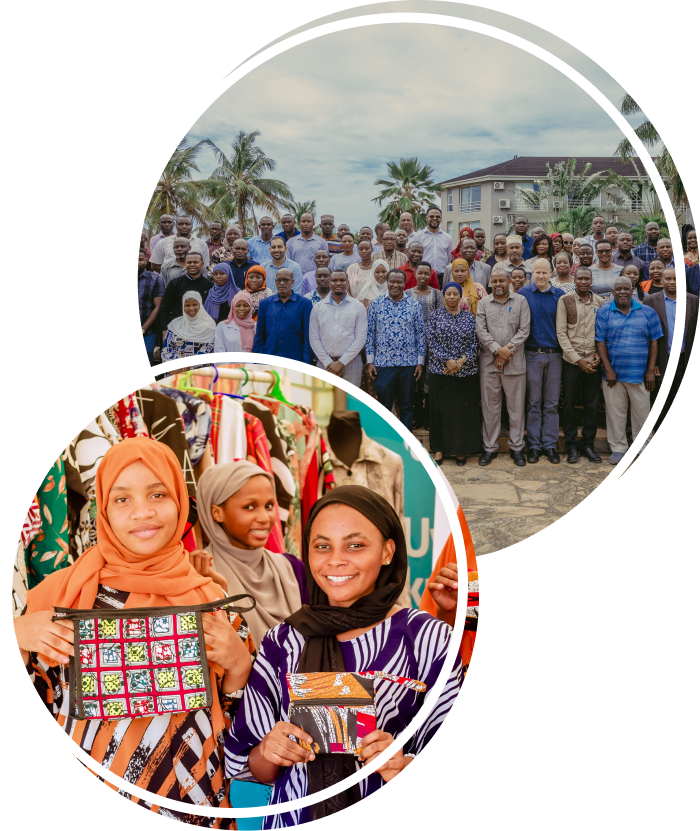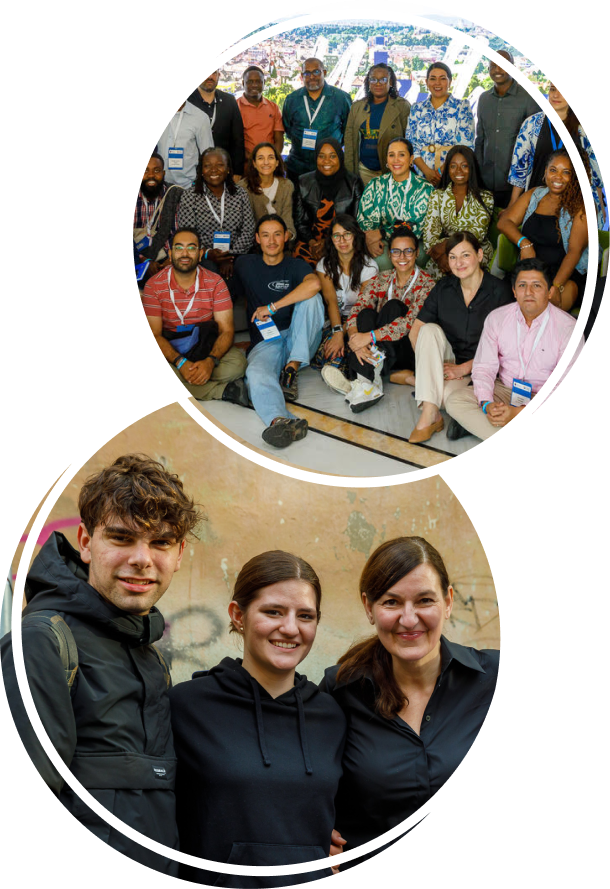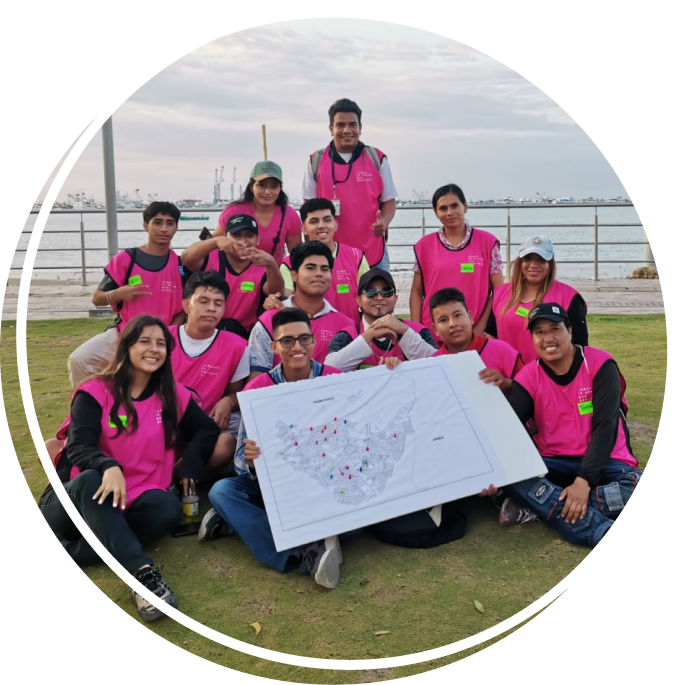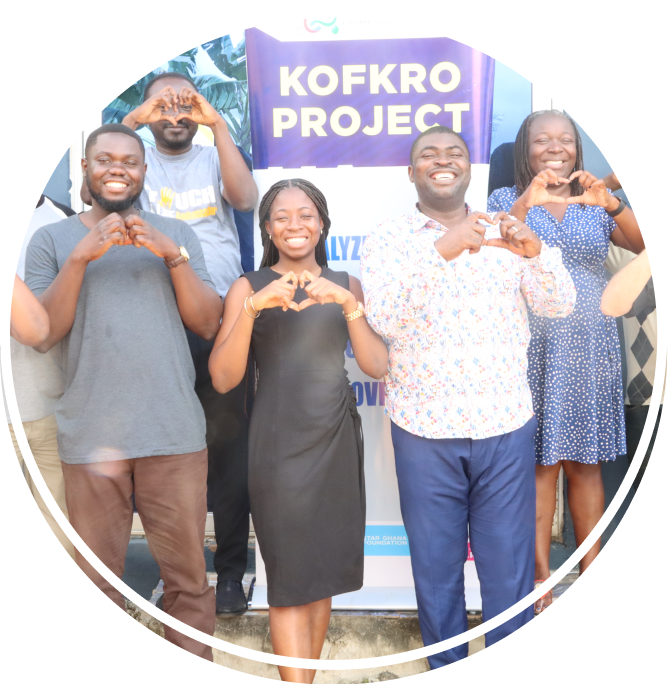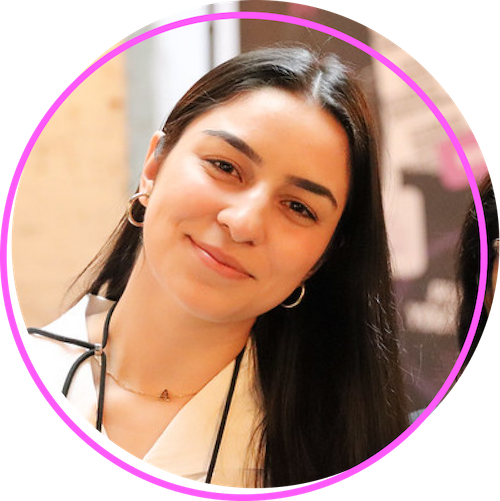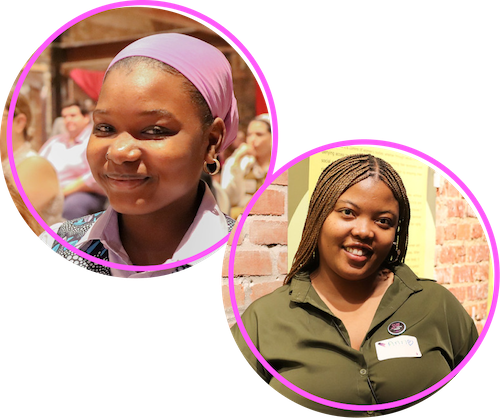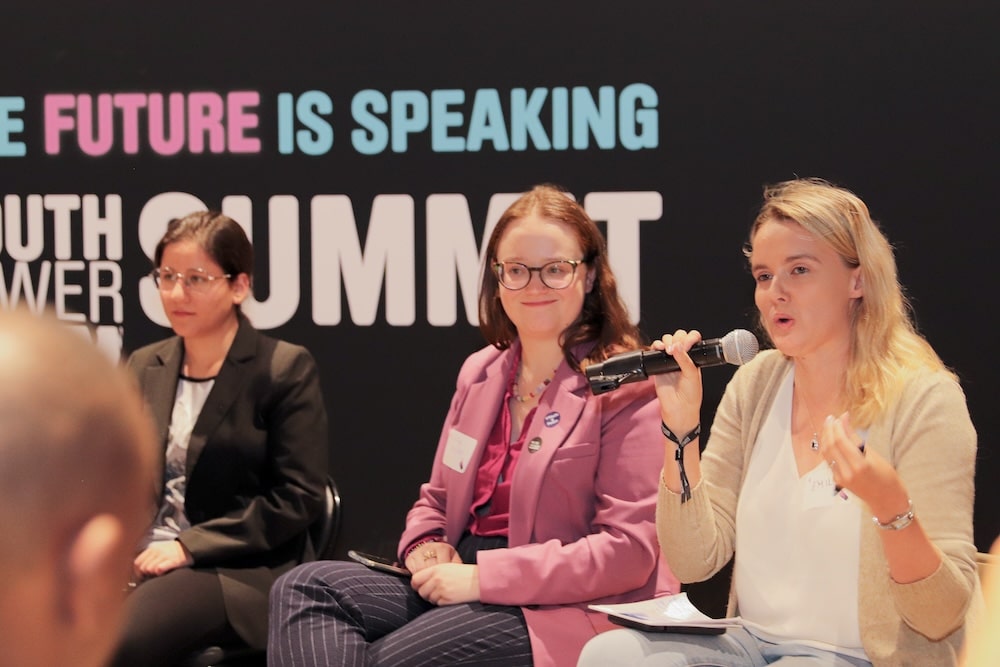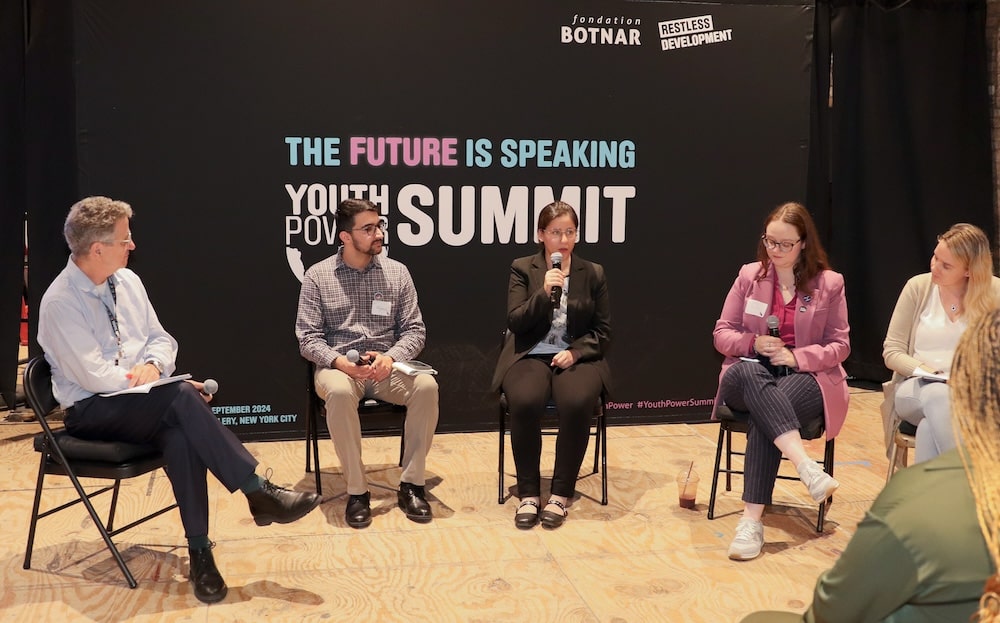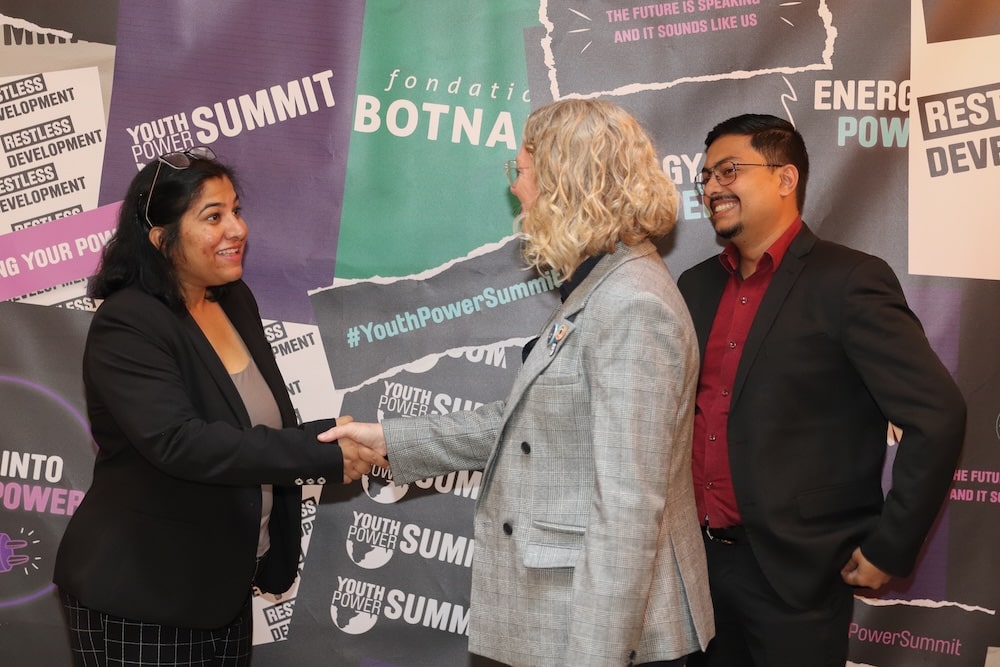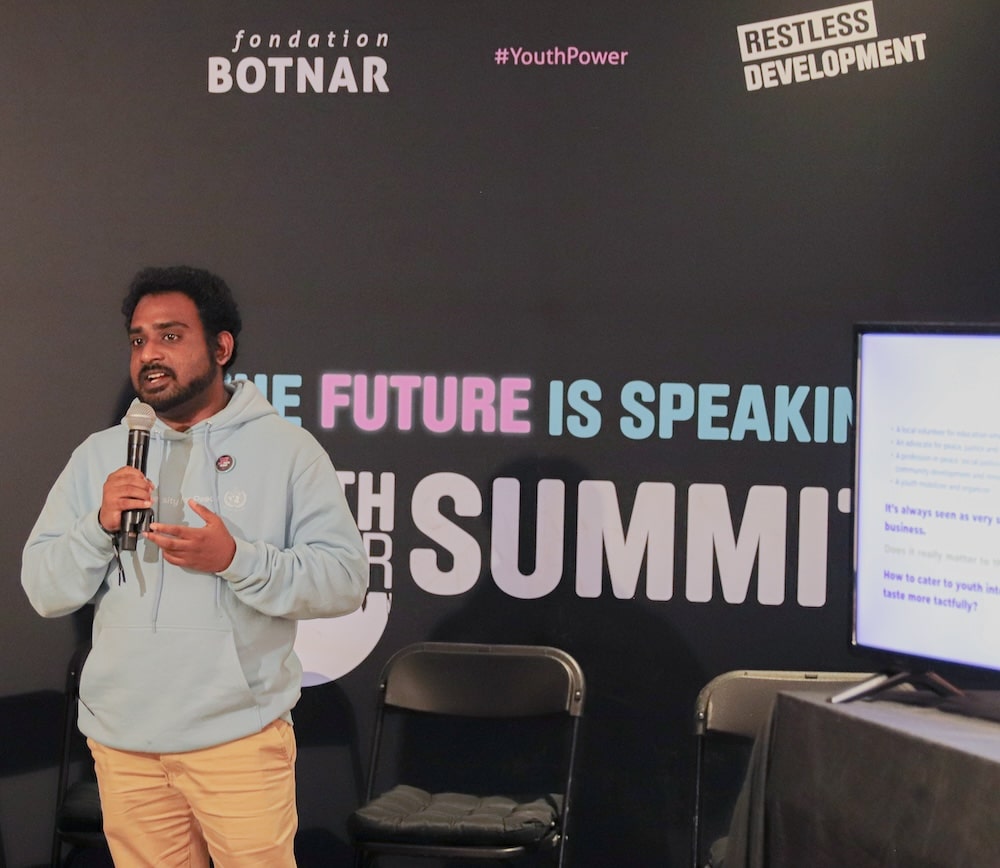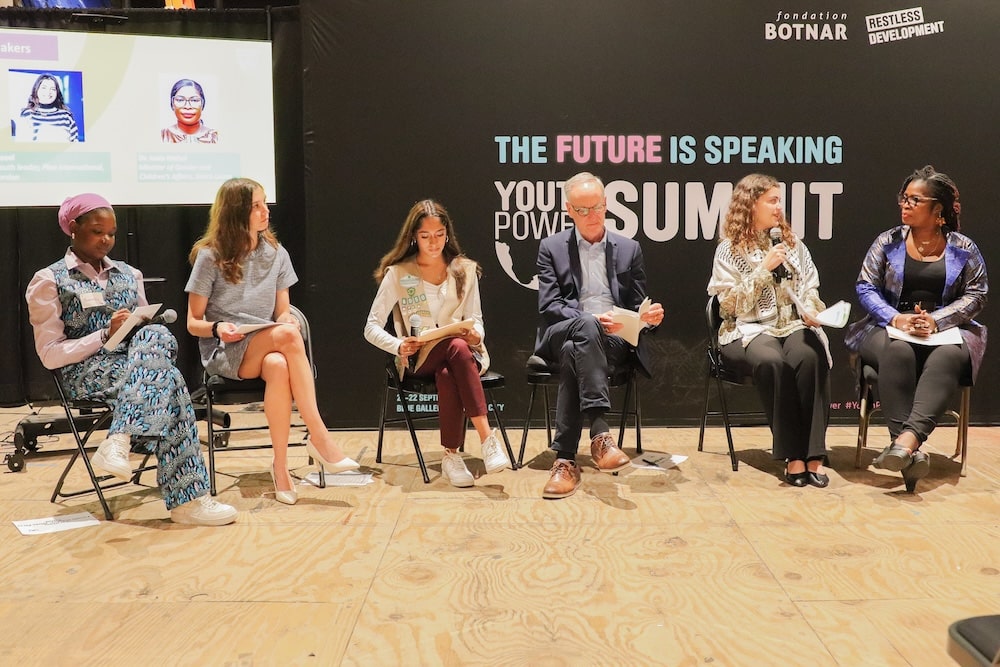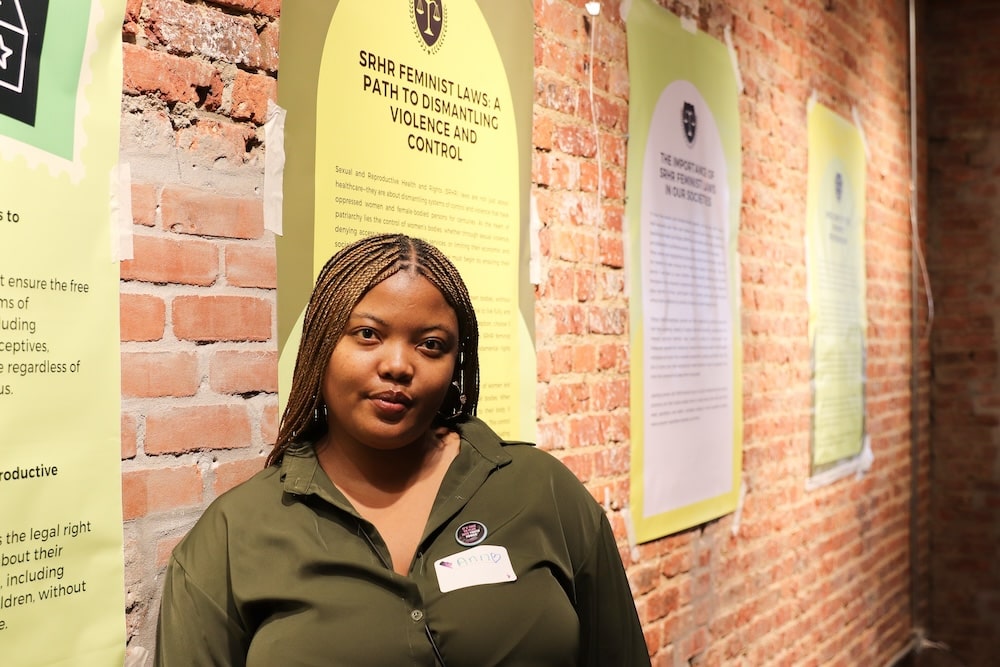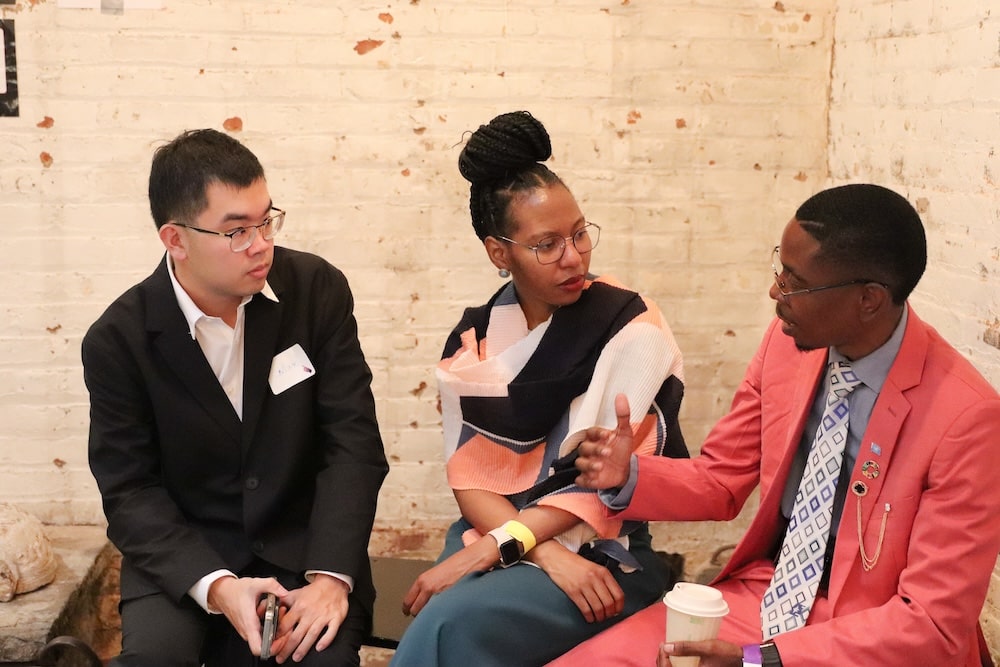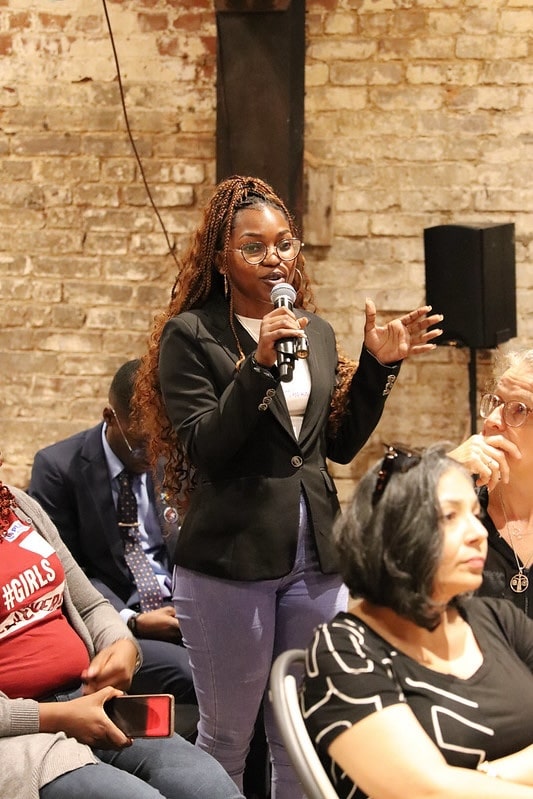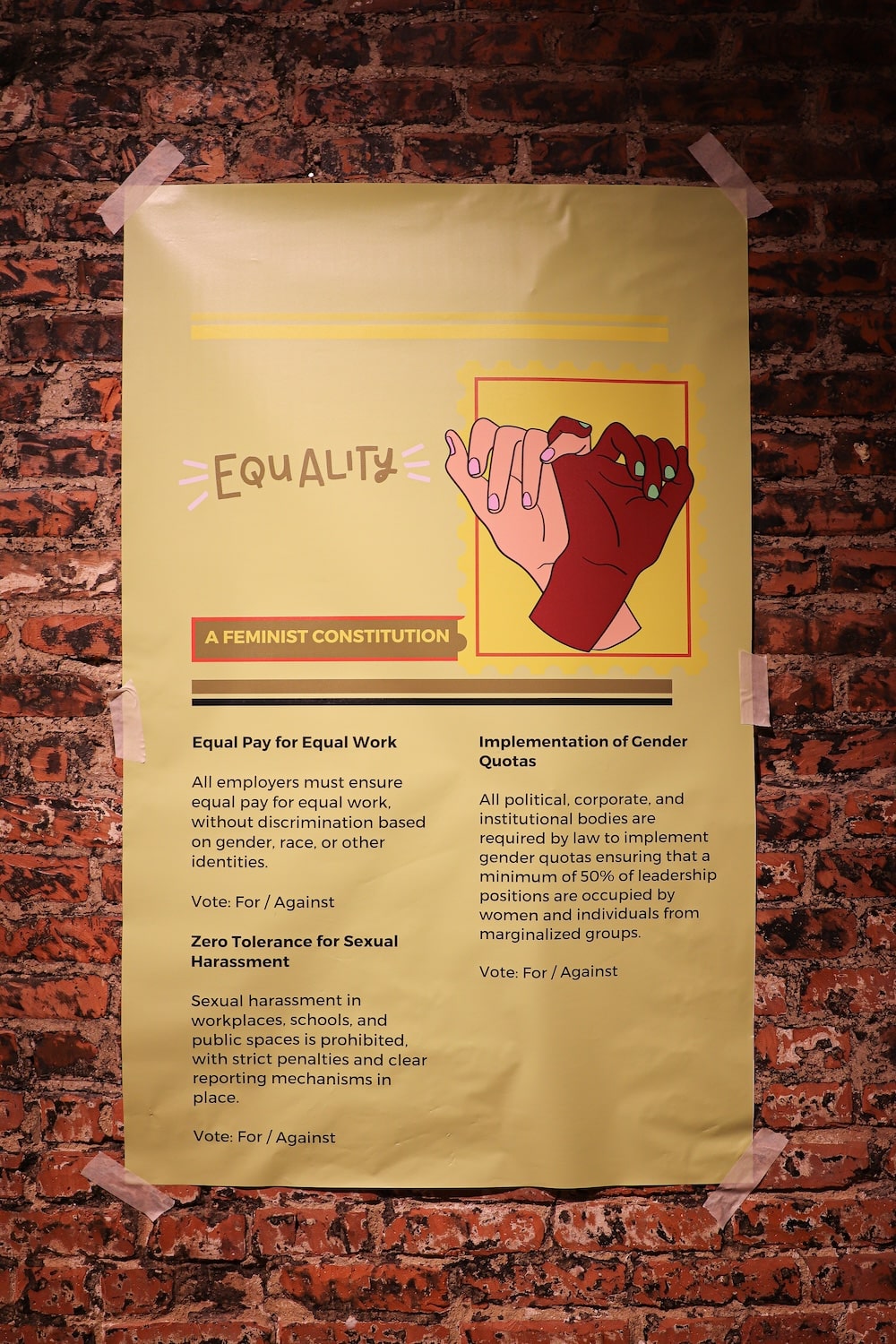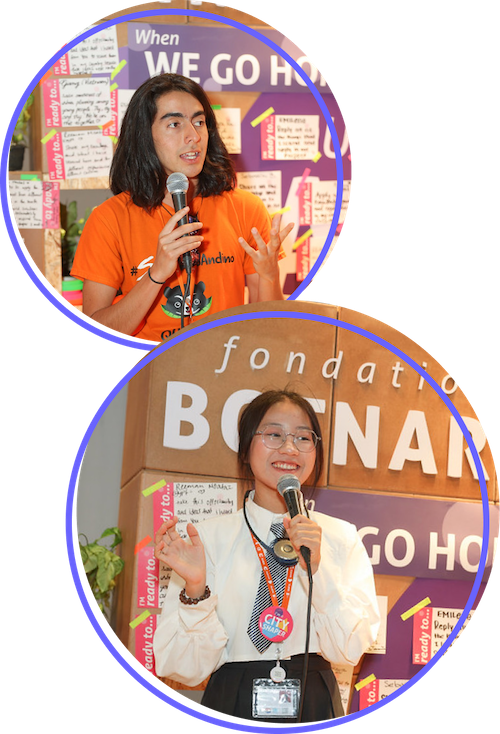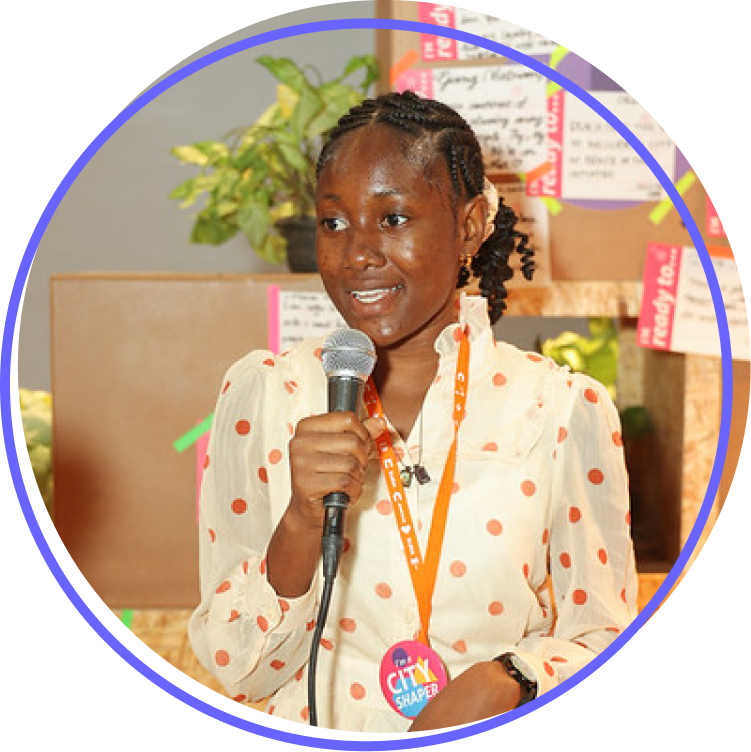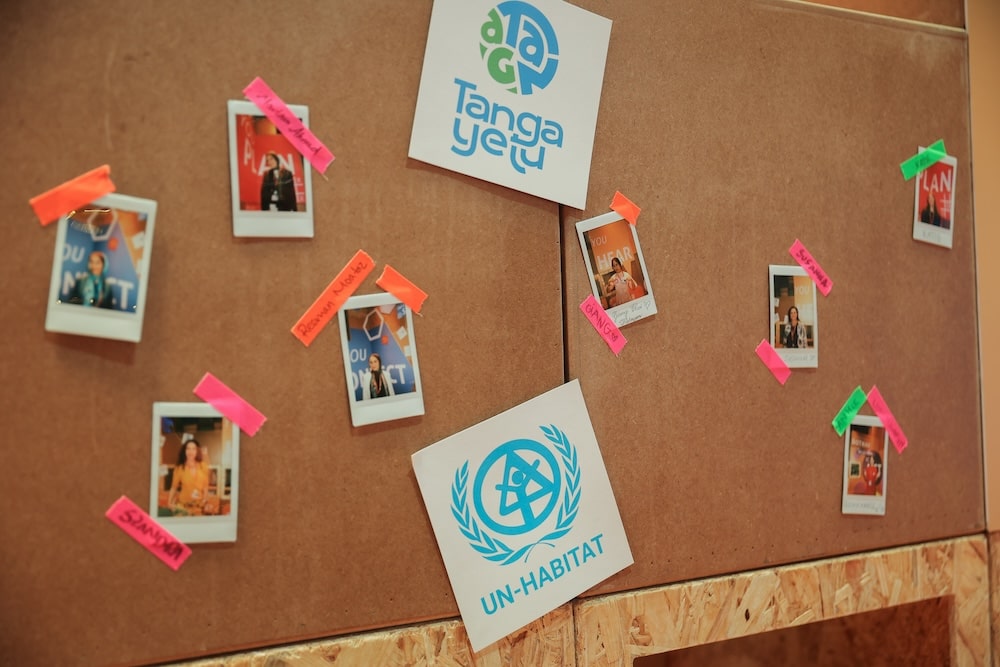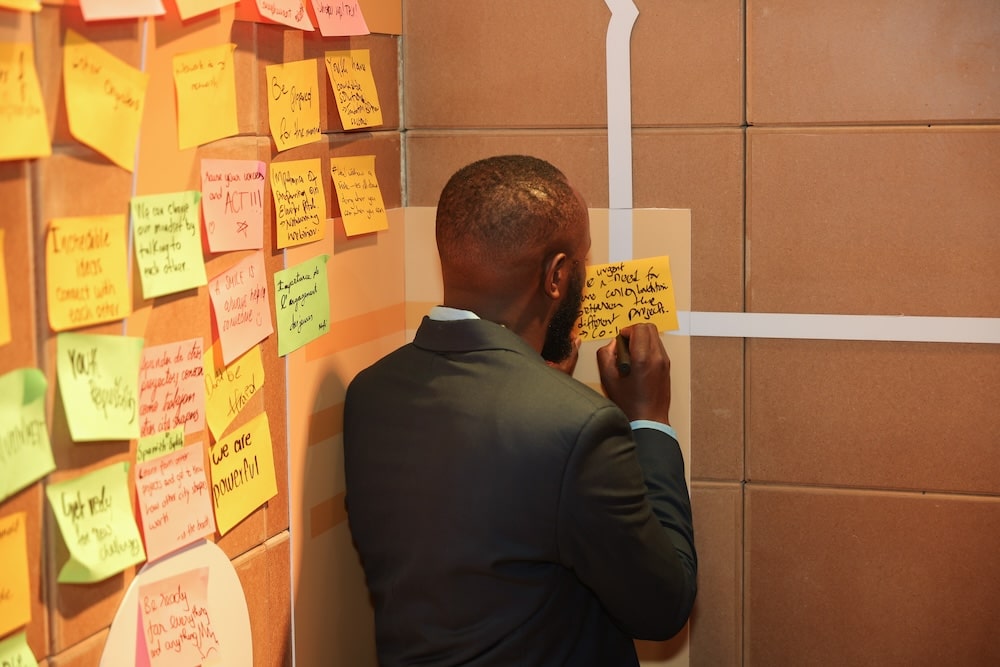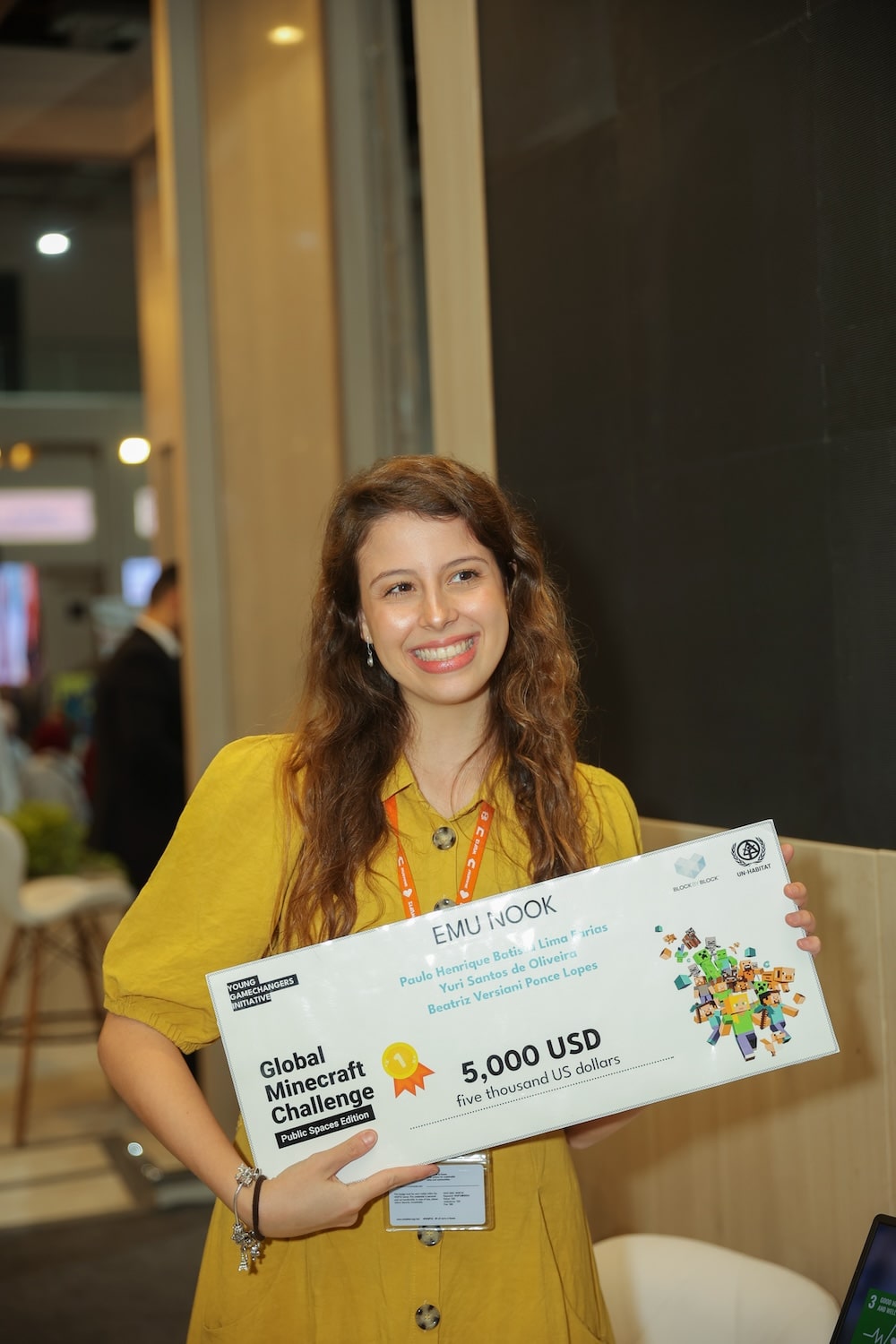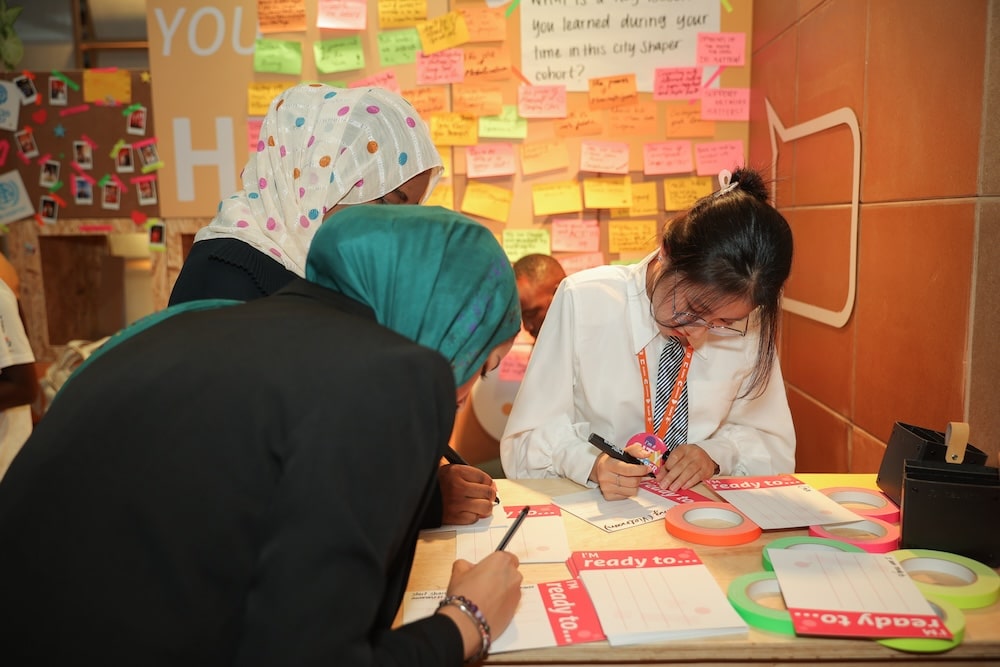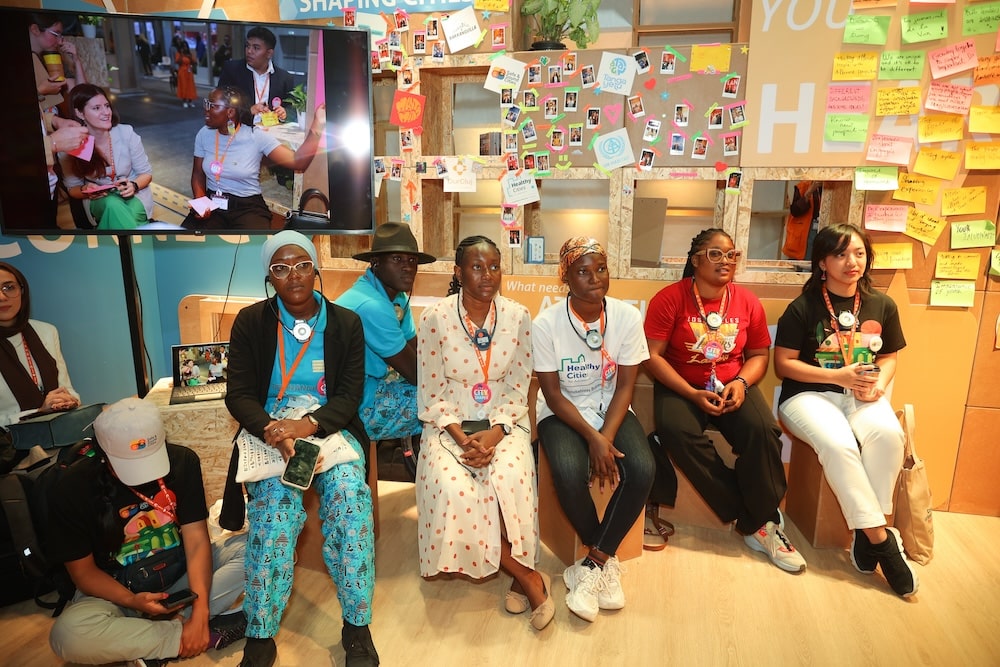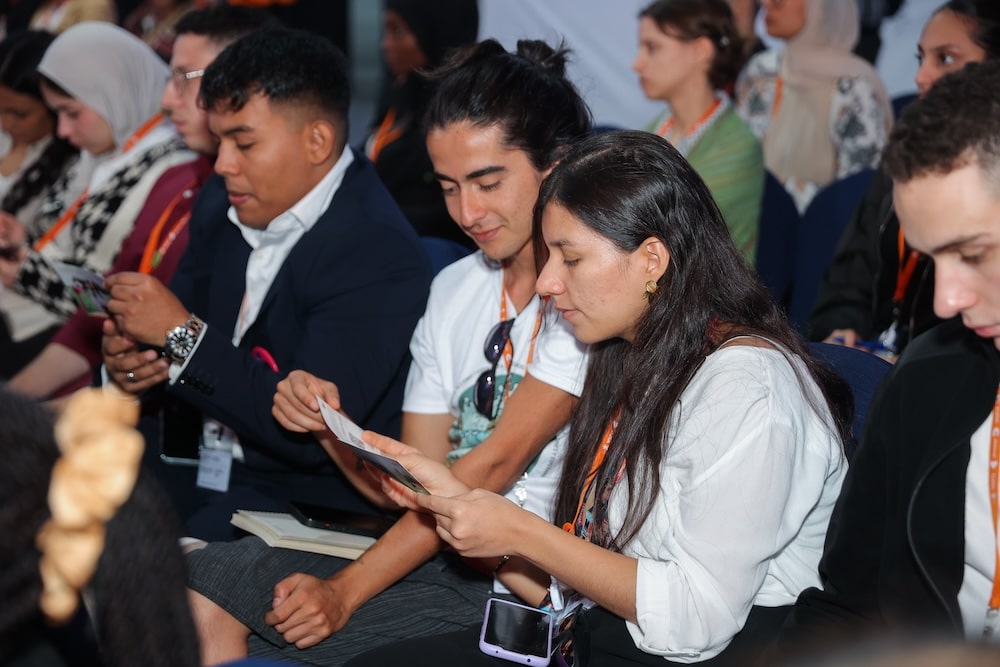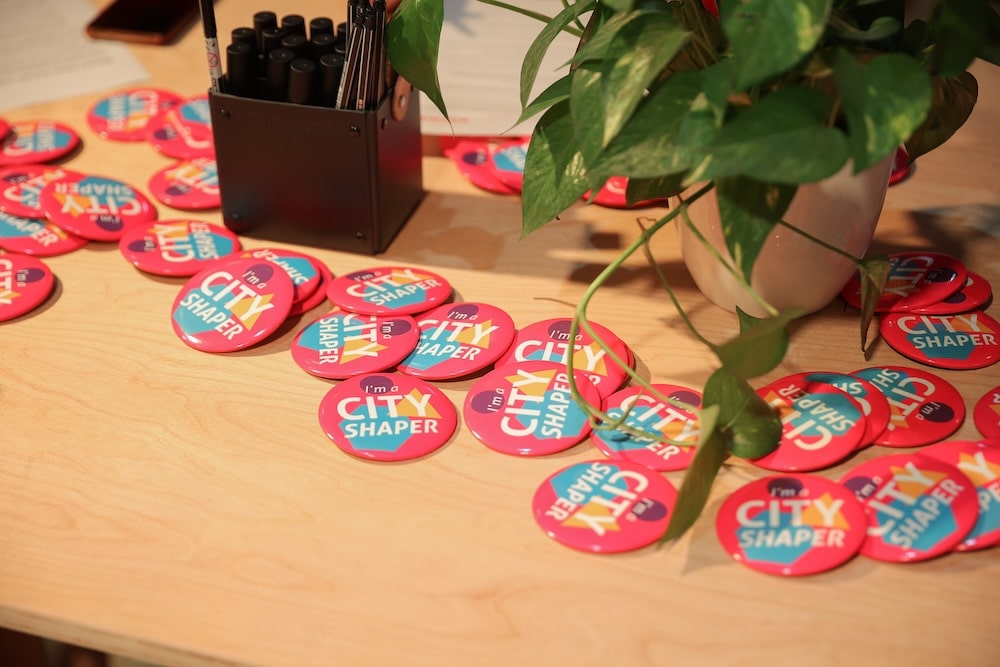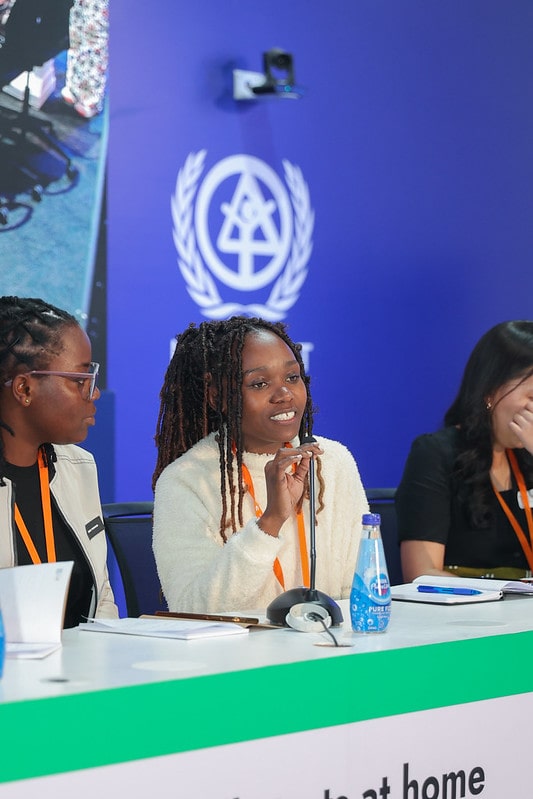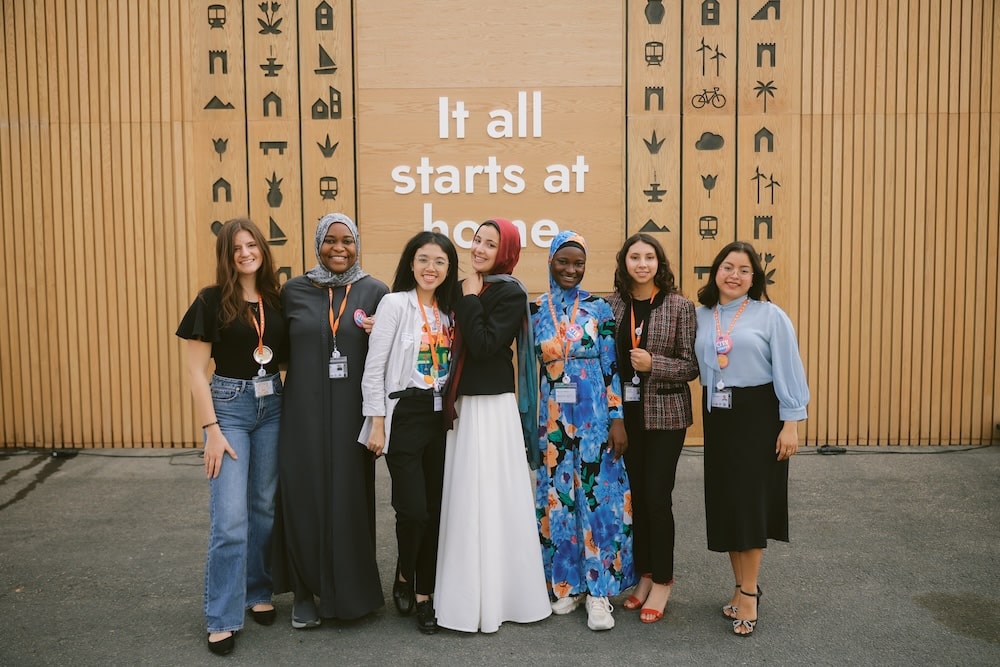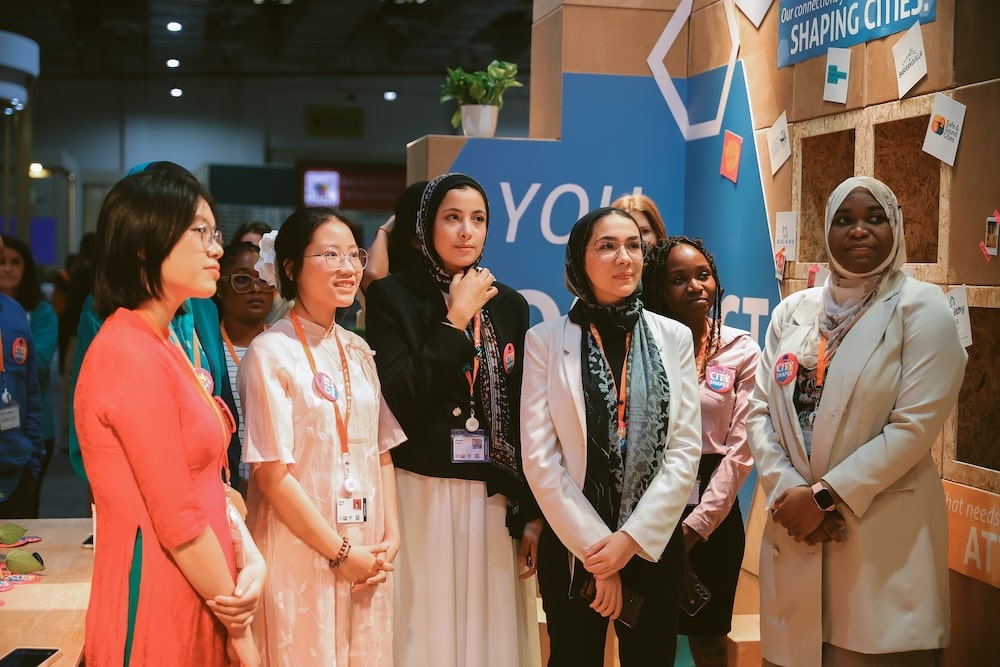“In times of change, learners inherit the earth, while the learned find themselves beautifully equipped to deal with a world that no longer exists.” – Eric Hoffer.
This quote from Eric Hoffer perfectly captures the age we are living in. The mindsets and algorithms developed throughout previous generations are based on paradigms that, in a shifting world, may no longer be true. In a world of rapidly changing public opinion and perception, with the turbulent political landscape, and in a world where innovation is changing our everyday lives, only those who are willing to learn and adapt will be successful in their endeavours. It is only through this mindset, that by increasing collective action and reducing individuality, we can become a truly reflective and learning-oriented society where we all succeed together.
At Fondation Botnar, we’re proud to put learning, reflection, and evaluation at the very heart of everything we do. Despite being established in 2003, our management office only began operations in February 2017. Since then, we’ve been working on our strong desire to become a growth-oriented learning organisation that is supported by a clear and coherent strategic focus. Our vision is to see a world where every child has the right and the means to live a healthy life, to enjoy a balanced diet and receive a good quality education. We believe that every child should be capable to lead a dignified life and make a positive contribution to the development of society.
With the global population set to soar to 8.5 billion by 2030, the world is rapidly becoming urbanised. Today, 55% of the world’s population live in urban areas, up from 34% in 1960. By 2050, that proportion is expected to rise to 70%.
Understanding the current key trends in urbanisation, as well as the trends that are likely to unfold over the coming years is crucial to the implementation of the Sustainable Development Goals (SDGs), including the ideation of future plans for urban development framework.
Furthermore, by 2030, the world is expected to have 43 megacities – cities with more than 10 million inhabitants – many of them situated within the Global South. It is important to realise that though these cities need massive amounts of investment in infrastructure, combined with smart policies crafted with involvement from numerous local, national, and intercontinental partners, it’s crucial that many of the smaller secondary cities aren’t left behind.
Some of the fastest-growing urban environments are cities with fewer than 1 million inhabitants, mainly being located within Low and Middle Income Countries (LMIC). In many parts of the world, but especially in LMIC’s many of these new urban dwellers are adolescents, young and dynamic digital natives who have become a neglected population group. It is this age group who are critical when looking at health and wellbeing, where long term behaviours and lifestyle choices that influence noncommunicable diseases (NCDs) are formed.
By 2030, there is expected to be an 18 million shortfall of health workers. The lack of skilled health professionals is heavily constraining the health interventions that are needed to ensure the world meets targets such as the SDGs. Without meaningful action the situation is only going to worsen.
The rapid uptake of digital health technologies powered by sophisticated algorithms and artificial intelligence (AI) is creating unprecedented opportunities for global public health over the next 20 years – including helping to solve the shortfall of health workers. That is not to say there won’t be barriers to unleashing these opportunities. Key challenges such as governance, ethics, and security of data will need to be faced and addressed. There is an urgent need for collective action towards health data becoming a global public good. We need to ensure that we can leverage this data – together with AI for good – in the health domain rather than ending up in a situation where health data is commercialised and limited, therefore increasing health inequalities and deeping a digital divide.
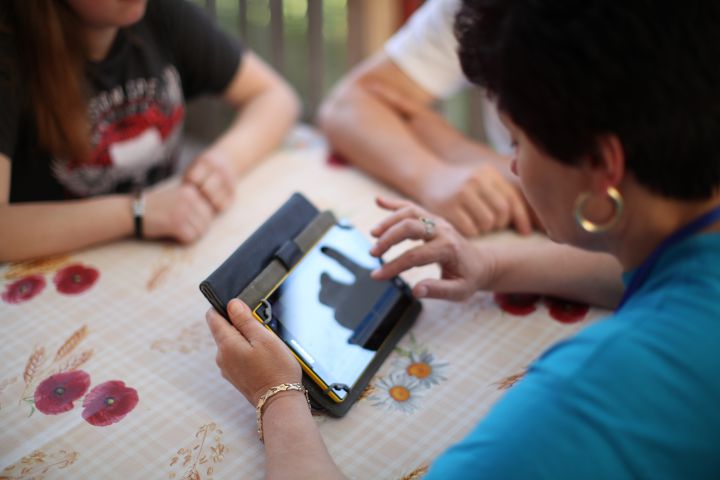
To overcome these challenges and leverage artificial intelligence and digital health for the global public good, the world requires bold collaborative actions, bringing together governments, businesses, academics and civil society to find positive but disruptive human centered design solutions that leverage ecosystem innovation towards Universal Health Coverage by 2030 – especially for children and adolescents.
Fondation Botnar aspires to be an open and honest facilitator and a convener of collaborative solutions among a variety of diverse stakeholders. We believe that by doing this, we can collaboratively find sustainable and scalable solutions that have clear innovative financing and business models – such as social entrepreneurship or private public partnerships – in order to enable long term impact for the benefit of young people.
We have a strong belief in approaches that deeply value local knowledge – bringing in the voices and experiences of those who live in urban communities on a daily basis. This is mirrored in our approach, a community led human centered design methodology that is effective and pioneering, transparent and distinct, and ensures we’re a reliable partner with purpose. After recruiting our management team, developing our strategy, and designing a new brand platform, we’re excited to officially begin work and open up into the public sphere. This is only the beginning of our new journey, and we will not rest until our belief of “the future now, for children worldwide” has become a reality.



